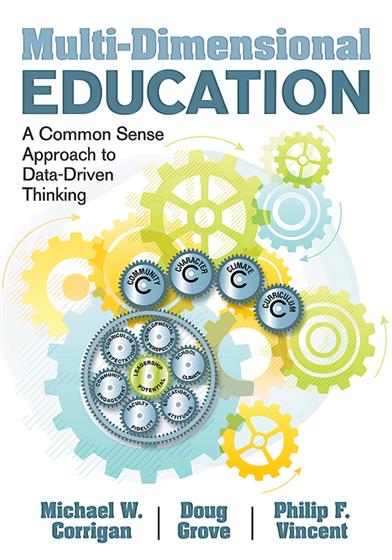Description
"In an evidence-driven era, gathering comprehensive data will enable schools to meet their academic goals and to engage in a holistic approach to education."
—Avis Glaze, President
Edu-Quest International Inc., Valhalla, NY
"The challenges facing educators today are immense and the pressure to 'perform' is clearly evident. This book provides a fresh and compelling argument to look far beyond test score performance when measuring success in our schools."
—Kurt Suhr, Principal
Newport Heights Elementary School, Newport Beach, CA
A comprehensive guide to data-driven school improvement
Schools aren't one dimensional. Your decision making shouldn't be either. If you want to look beyond student test scores to identify the specific areas that need improvement in your school, you will find practical tools for assessing multiple areas with confidence here. The authors detail a step-by-step framework for identifying, collecting, analyzing, and using data as a basis for driving school improvement in the right direction. Based on more than 40 years of research, this seven-dimensional model will help enhance your school's curriculum, community, climate, and character by applying data to these key processes:
- Assessing student achievement
- Modifying instruction based on data findings
- Improving school performance
- Retaining effective teachers
The result is a holistic and accurate instrument for making the changes needed to improve student learning. Included are assessment tools, process charts, graphic organizers, rubrics, tables, numerous examples, and background research.
Meet the authors and see why they wrote this book:
Key features
We have developed a number of process charts, graphic organizers, rubrics, and other tables to present our process, dimensional model, data-driven frameworks, and research. We estimate there will be approximately 5 figures per chapter; 55 figures.





